Love in the Countryside's rocky road to rural romance: Sheep-herding tests, awkward cider farm dates and being dumped by a Shetland pony
Forget Tinder, BBC Two's Love in the Countryside is the farmer's answer to cupid. Rachael Turner reports.

'I'd rather give a cow a cesarean in the middle of the night,' says shy farmer George when he is given the task of choosing between potential girlfriends.
Far from the glitz and glamour of Love Island, or the shiny studios of Take Me Out, BBC Two's Love in the Countryside focuses on those looking for romance in a rural setting.
If you're not familiar with the television series, it follows seven lonely hearts, including farmers, a vet and even an equine dentist, and follows them on their journey to find love. It's pretty cringe-worthy watching, with awkward gaps in conversations, red faces and fumbling do-I-hug-or-peck-on-the-cheek moments, but these genuine, clumsy interactions make strangely compulsive viewing.
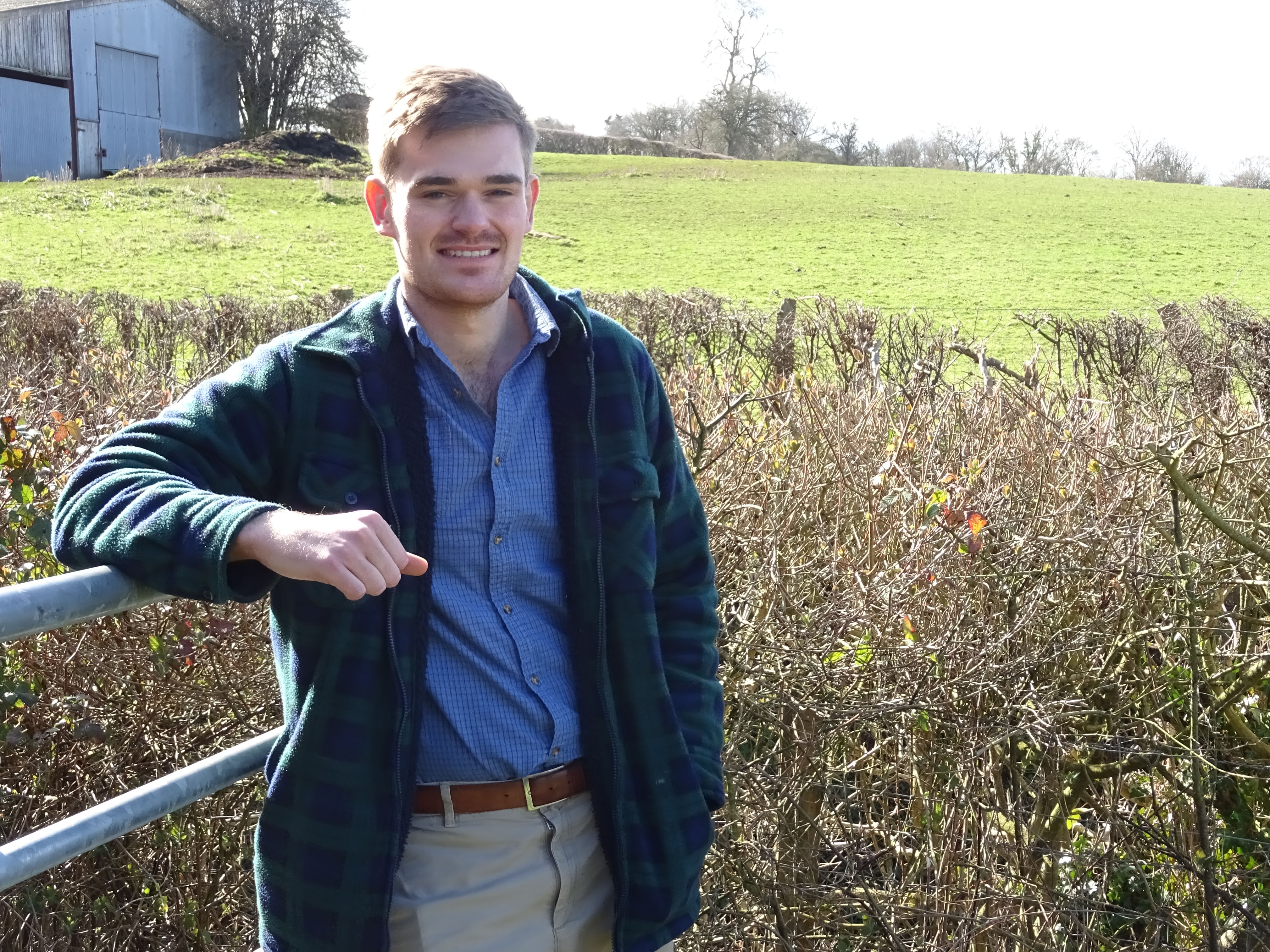
Last night's episode (Tuesday, 8 October) focused on 24-year-old vet, George. He isn't short of admirers, but bashful George only seems to attract more mature ladies. 'He won't stay single for long', says one of the customers at his veterinary practice with a glint in her eye.
George is taken speed dating by host and farmer's daughter, Sara Cox (who doesn't love Sara Cox?) He meets a series of lustful ladies, but the chat is far from flowing. During one painful gap in conversation, George's face turns crimson, and even his hands flush red, but thankfully he finds common ground in a later meeting with pretty vet nurse, Hazel.
But later, while sipping a pint on a cider farm during a second date with Hazel, George's chat dries up once more. 'Why are you called Hazel?' he asks, she replies that there is no reason, her mother just liked the name.
Cue deathly silence. Poor George.
Exquisite houses, the beauty of Nature, and how to get the most from your life, straight to your inbox.
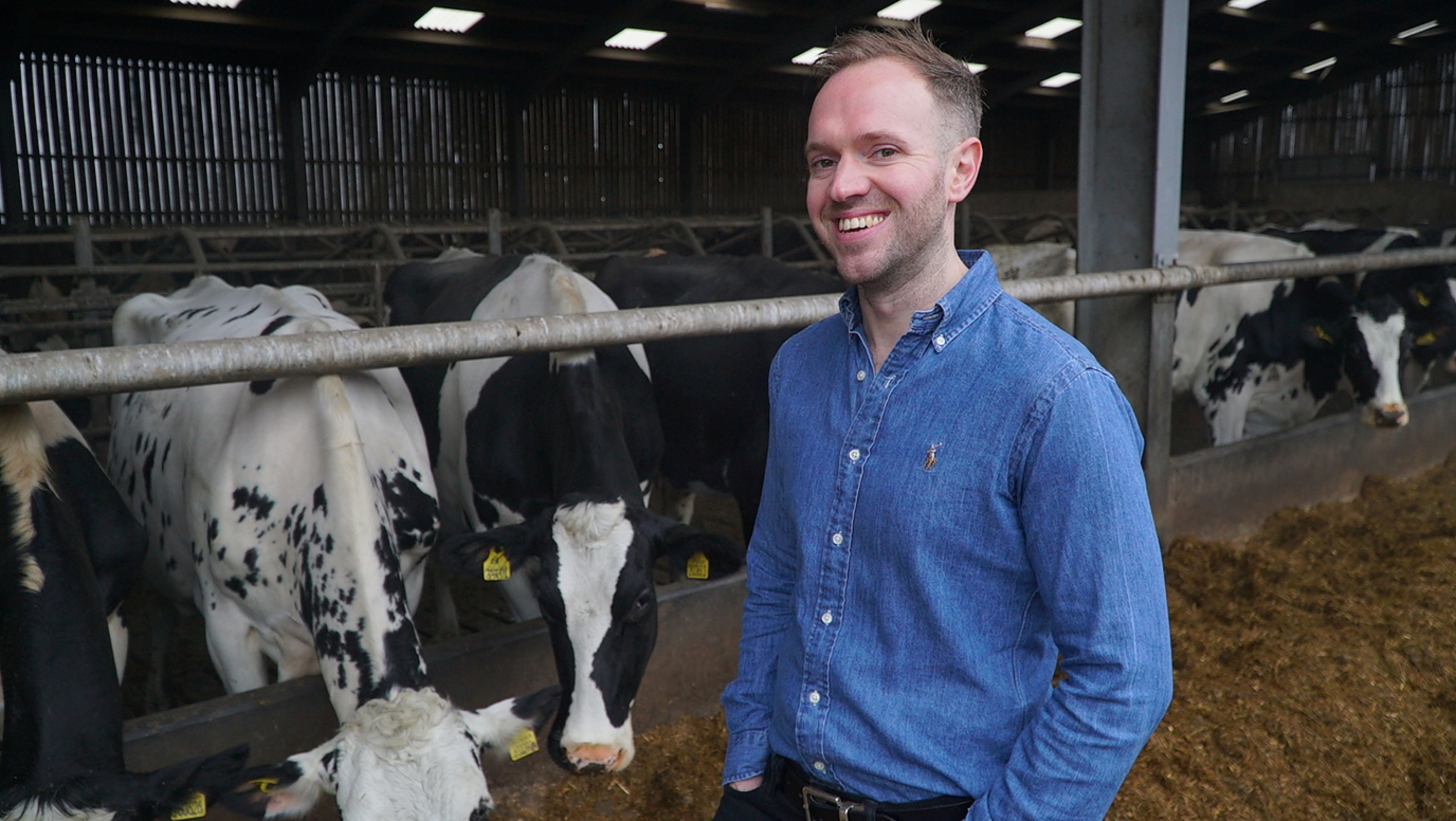
Meanwhile, 35-year-old Cumbrian dairy farmer David lets down a horse stunt rider named Luke. It's pretty heartbreaking to watch — Luke has had his fair share of bad luck in the dating department — but strangely it's David who sheds a tear. He breaks the bad news to Luke while standing next to a fluffy Shetland pony, perhaps to soften the blow.
David picks creative director Michael as his partner, and hopes they will have a future together. How does he celebrate the new romance? By introducing Michael to his mother. Her full face of makeup, perfectly-set hair and immaculate outfit look pretty out of place in a barn full of calves, but Michael doesn't seem to notice.
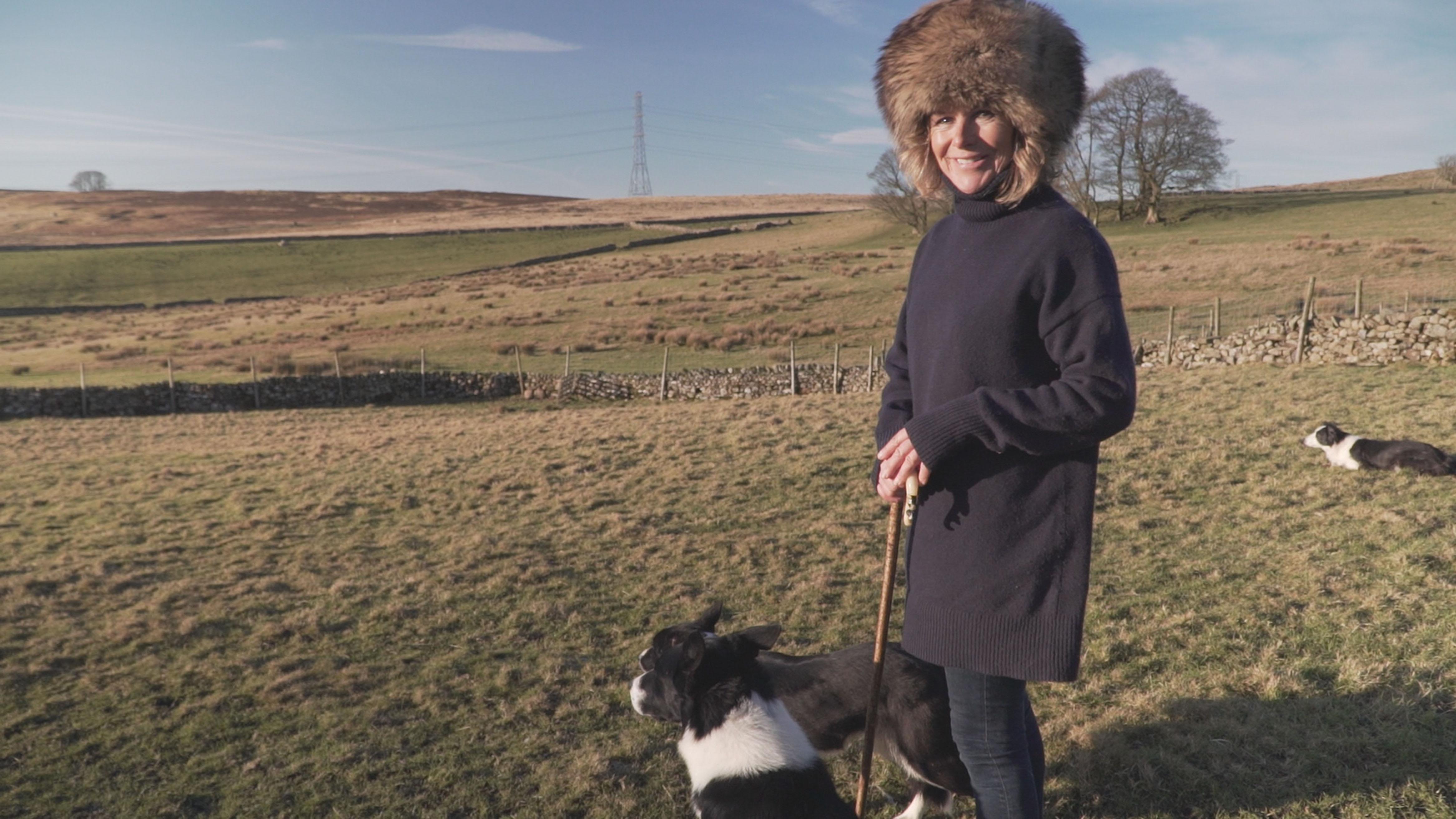
A favourite has to be 58-year-old sheepdog trainer, Katy, who we were introduced to last week (1 October). She used a rather unusual technique to test the suitability of potential partners: setting them the challenge of herding sheep into a pen using her dog.
Carl, from Bolton, was the most successful herder and persuaded all three sheep into the pen, but despite his success, Katy opted for an ex-motorbike champion called John. He managed two out of three sheep, a more impressive feat than painter and decorator John, who couldn't contain a single one.
Despite all the men's efforts, Katy admitted she preferred dogs to men. Why? Because 'they're easier to train,' she explains with a twinkle and a sigh.
Series two of Love in the Countryside continues on Tuesdays at 9pm on BBC Two
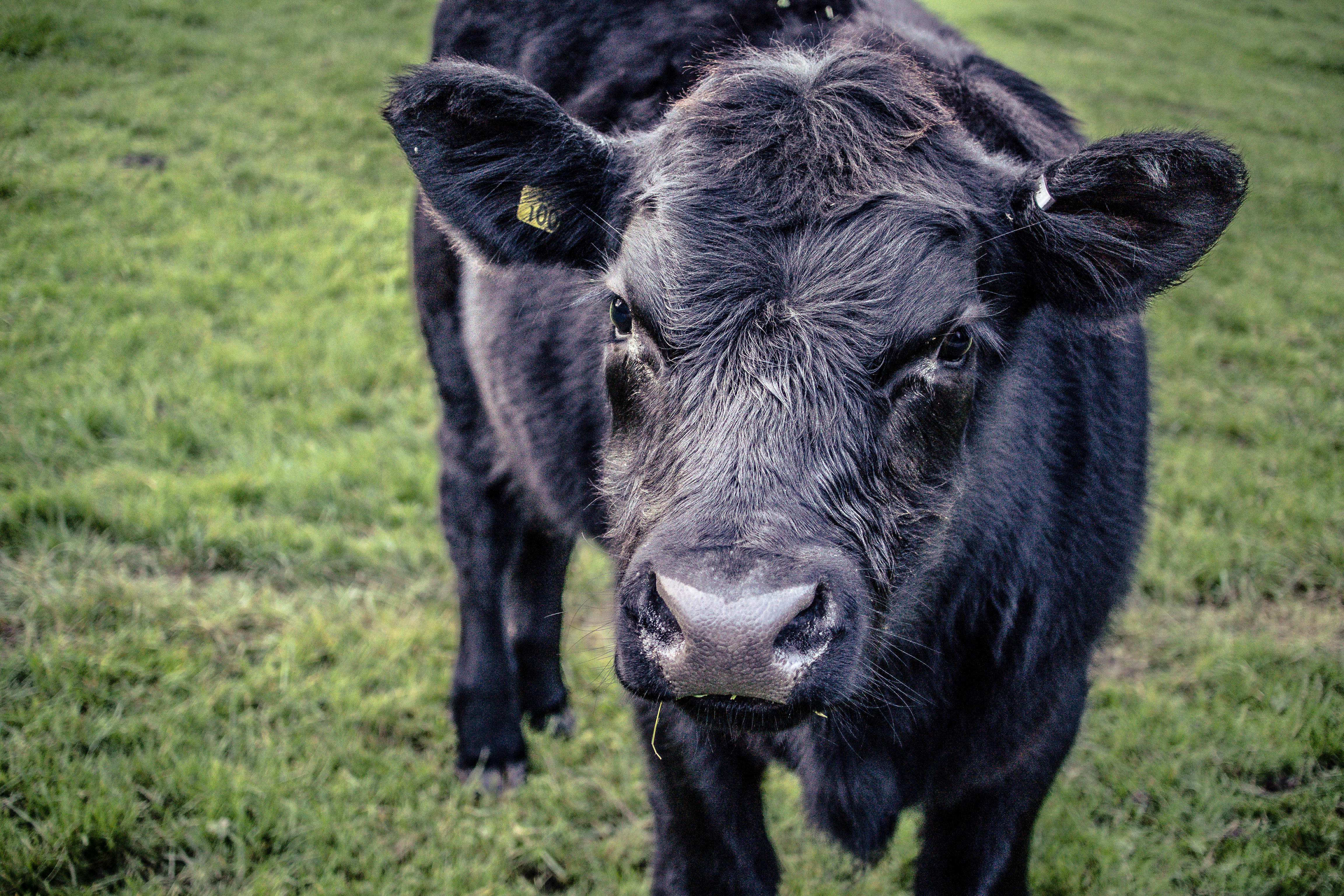
Heroic farmer rescues inquisitive calf that squeezed itself 240ft down an underground water pipe
It took two and a half hours for Robert Osborne, from Dumfriesshire, to drag three-week-old Trouble to safety after the
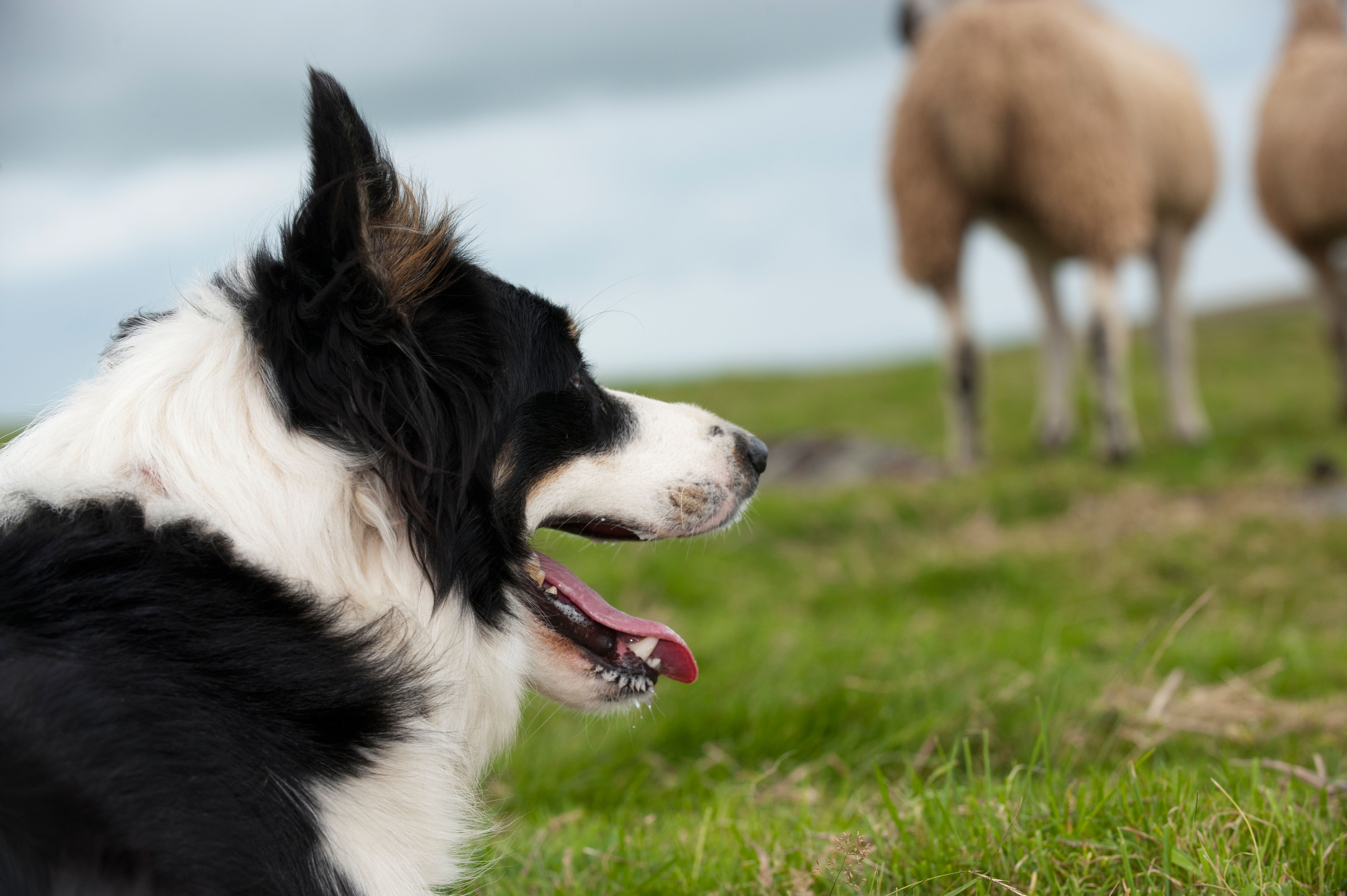
Sheepdogs are being targeted by rural thieves – here's how you can help protect them
An increasing number of working dogs and sheep are being taken from farms, but there are ways the public can